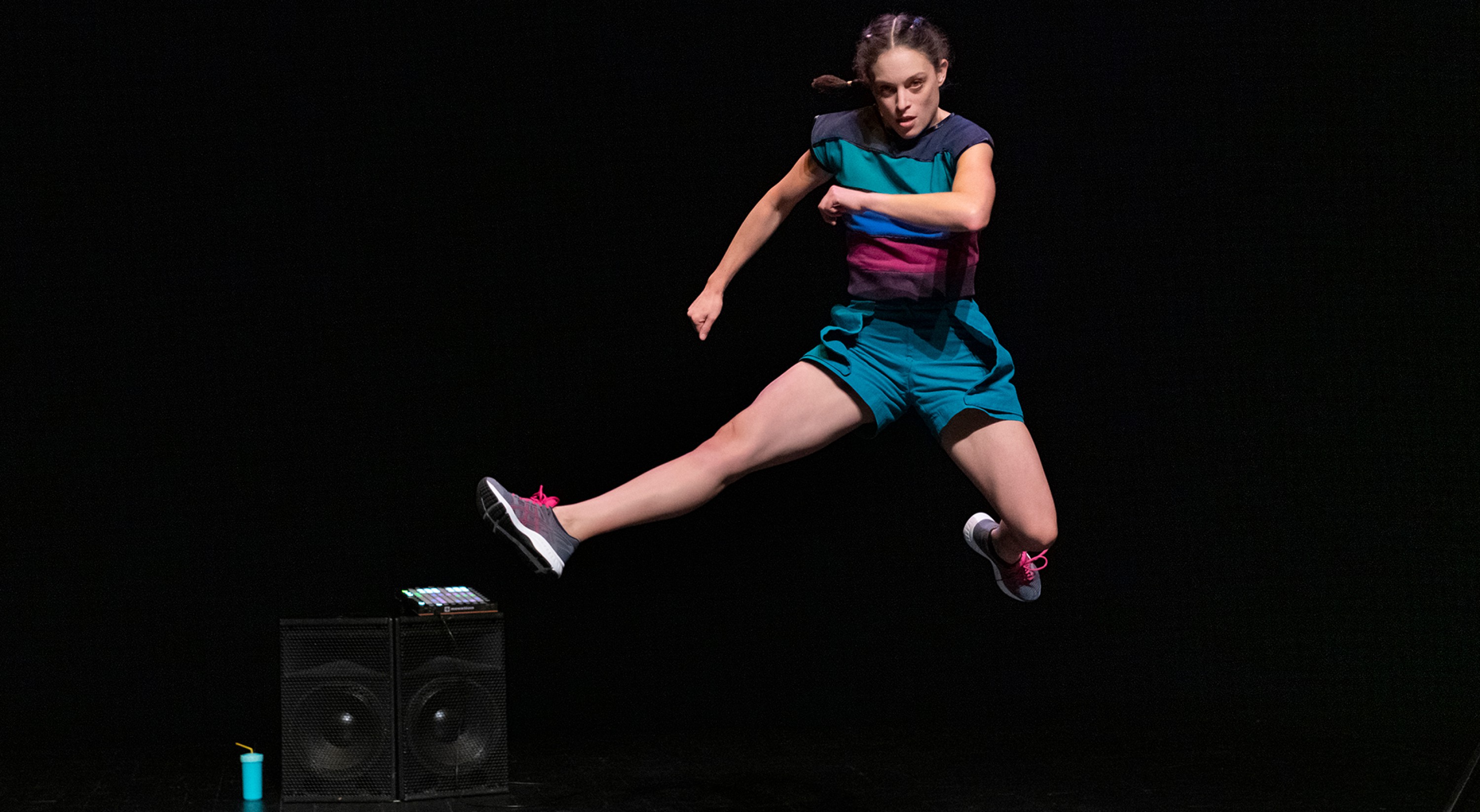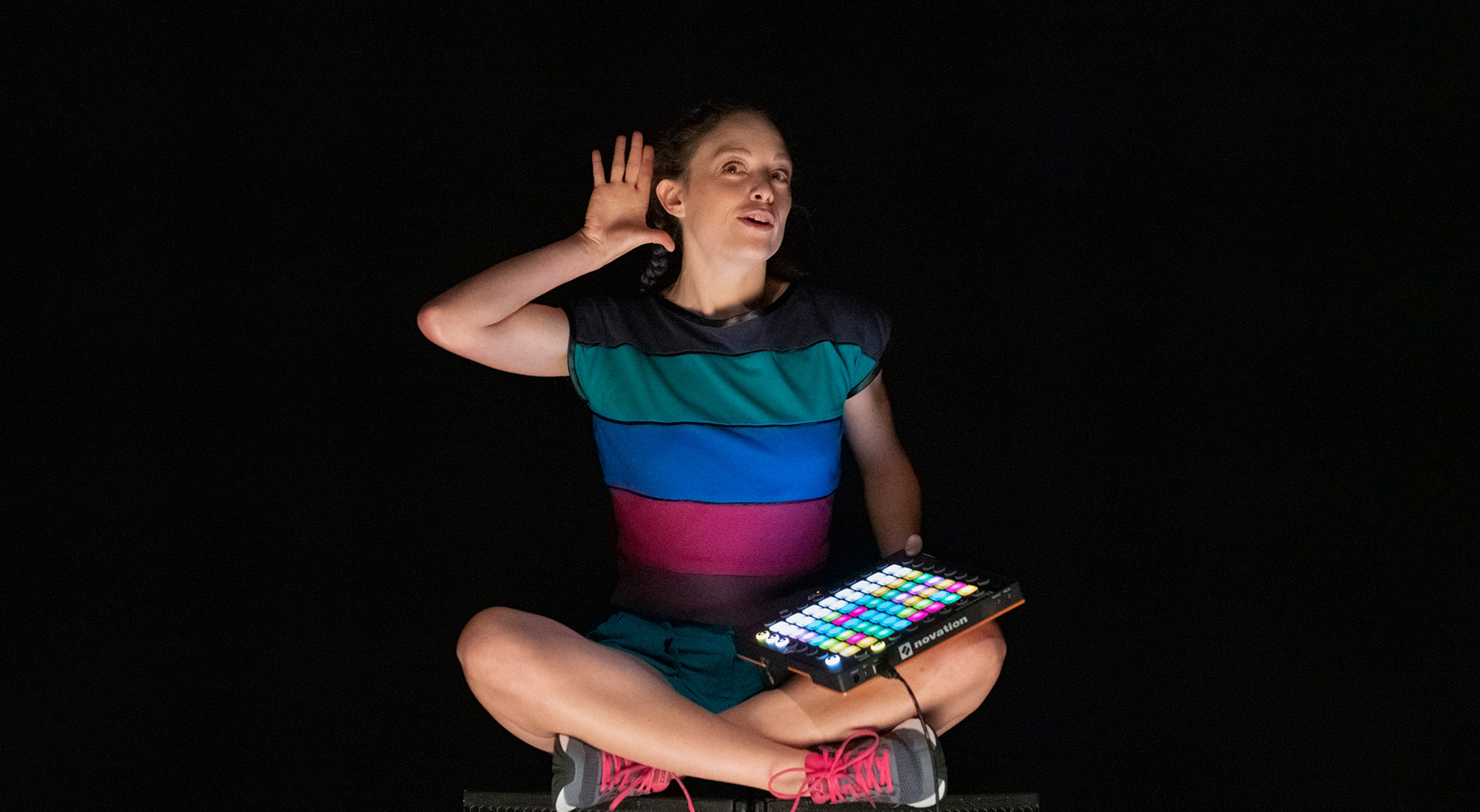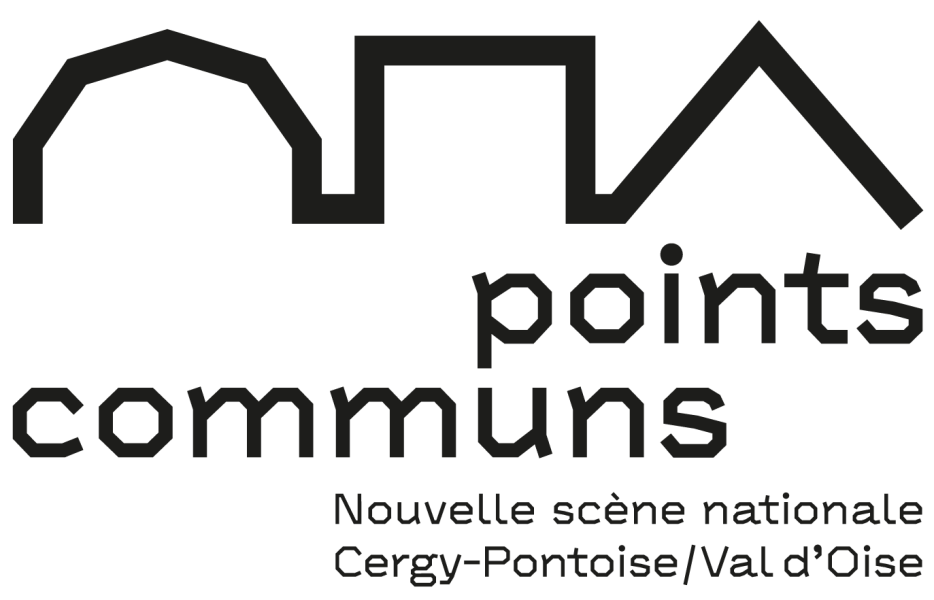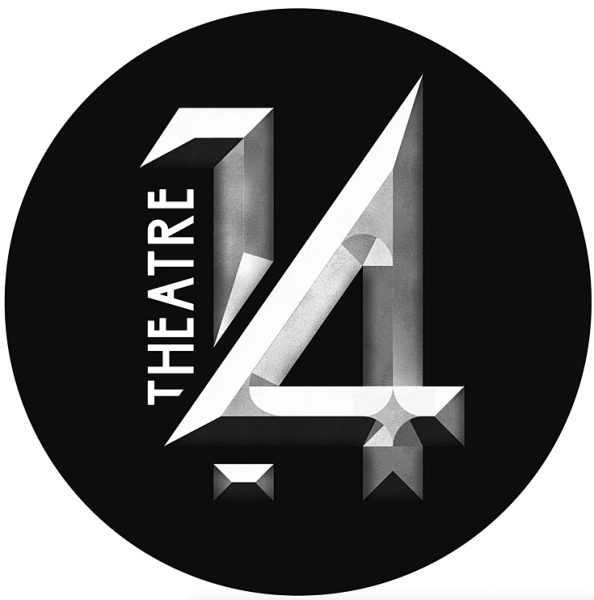Encyclopédie de la parole
Emmanuelle Lafon – blablabla
octoberoct 17
aprilapr 6 – 15
Concept, Encyclopédie de la parole
Composition, Joris Lacoste
Directed by Emmanuelle Lafon
With Armelle Dousset and Anna Carlier (alternately
Sound design, Vladimir Kudryavtsev
Lighting design, Daniel Levy
Assistant directors, Lucie Nicolas, Olivier Boréel, and Fanny Gayard
Coordination of the sound document collection, Valérie Louys
Musical and technological collaboration Ircam, Augustin Muller
Produced by Échelle 1 :1 in partnership with Ligne Directe
Coproduced by La Villette (Paris) ; Le Volcan, scène nationale du Havre ; Théâtre de Lorient-centre dramatique national ; La Bâtie – Festival de Genève ; Théâtre L’Aire Libre ; Les Spectacles vivants – Centre Pompidou (Paris) ; T2G –Théâtre de Gennevilliers ; and Festival d’Automne à Paris
In association with Théâtre 14 (Paris) ; and Festival d’Automne à Paris for performances at Théâtre 14 (Paris)
The text won a new writing award from the Commission nationale d'Aide à la création de textes dramatiques – Artcena.
Echelle 1:1 is accredited by the Ministère de la Culture et de la Communication / DRAC Île-de-France and receives financial assistance from Région Île-de-France
First performed on the 9th September 2017 at La Bâtie – Festival de Genève
In partnership with France Culture
In blablabla, Emmanuelle Lafon and Joris Lacoste adapt, for the first time, the l’Encyclopédie de la parole in a way which makes it accessible for children. Developed using recordings of different kinds, this solo is also aimed at adult audiences.
A hundred or so words, of diverse origins, are spoken by the same mouth. Interwoven, they offer a whole theatre of the imagination to spectators young and old alike. Directed by Emmanuelle Lafon and composed by Joris Lacoste, blablabla unfurls in close contact with the prosody of each word. A train guard welcomes us on-board the TGV n°1456, a robot gives his identity, a sports commentator lists the names of the players, Yannis states the rules of the game cops-and-robbers, a female youtuber starts an argument, the voice of a photobooth gives users its instructions, a rapper raps, the queen of hearts wants to make heads roll… What do words mean to us when they have been taken out of context, and we listen to them purely in terms of their sound? What does this makes us realise about them in terms of their power and their power over us? Made audible thanks to a mechanism developed by the Ircam sound research institute, the actress-musicians Armelle Dousset and Anna Carlier experiment with the Encyclopédie de la parole’s collection. The latter has been used as the basis for exploring the real via the means of human language over the course of the last ten years. Using their voices and bodies, they summon up a vast array of characters and situations, ranging from daily life to fairy-tale.
See also
In the same place



